Storing sauces in plastic bottles might seem convenient, but it’s not always the safest choice. Certain sauces can react with plastic or degrade over time, altering both flavor and safety. Here’s a breakdown of sauces that deserve a better home.
1. Tomato-Based Sauces
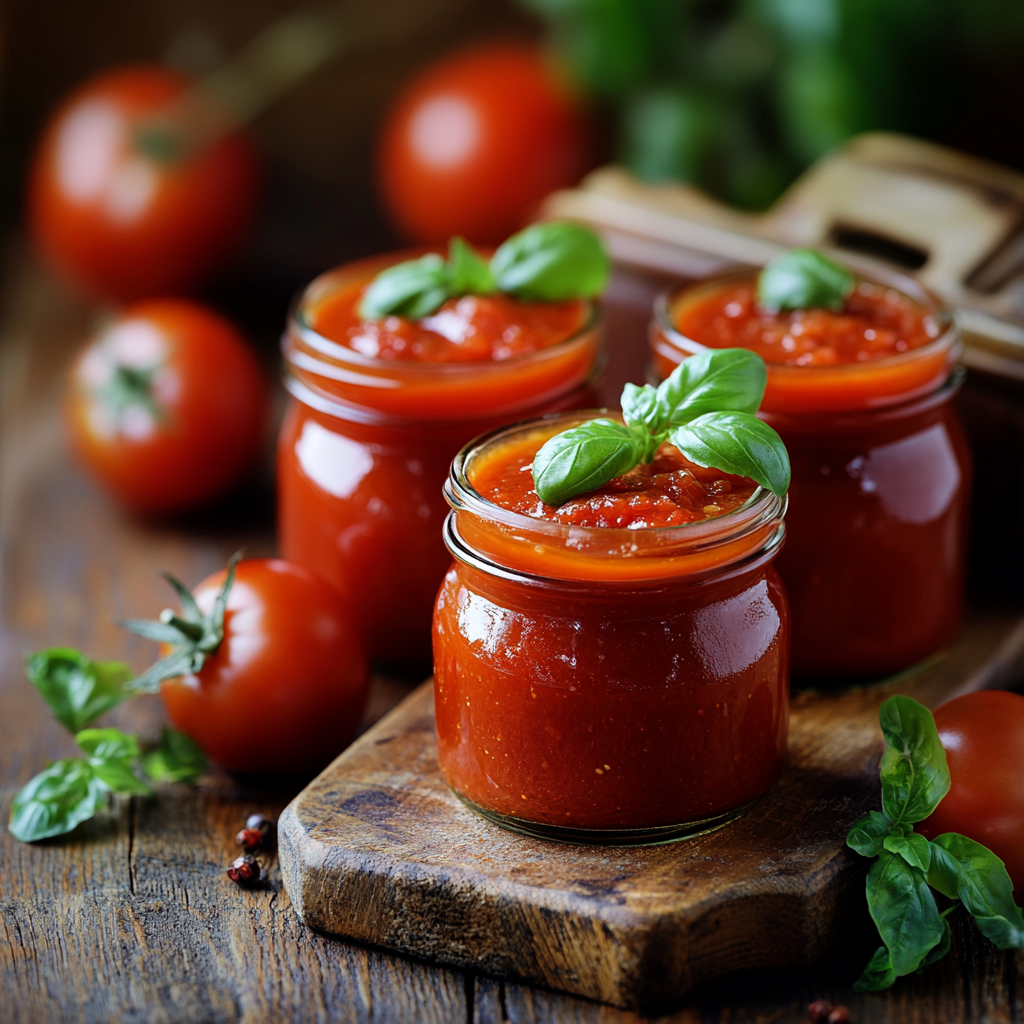
Tomato sauces bring vibrant flavors to countless dishes, but they can wreak havoc on plastic containers. The high acidity of tomatoes reacts with certain plastics, causing chemical leaching that can affect taste and safety. Over time, these reactions can even weaken the container, leading to spills or contamination.
Glass jars are a much better choice, preserving both the sauce and its fresh flavor. If you must store tomato sauce in plastic temporarily, opt for food-grade, BPA-free containers. Even then, transferring it to glass as soon as possible is the safest bet.
2. Soy Sauce
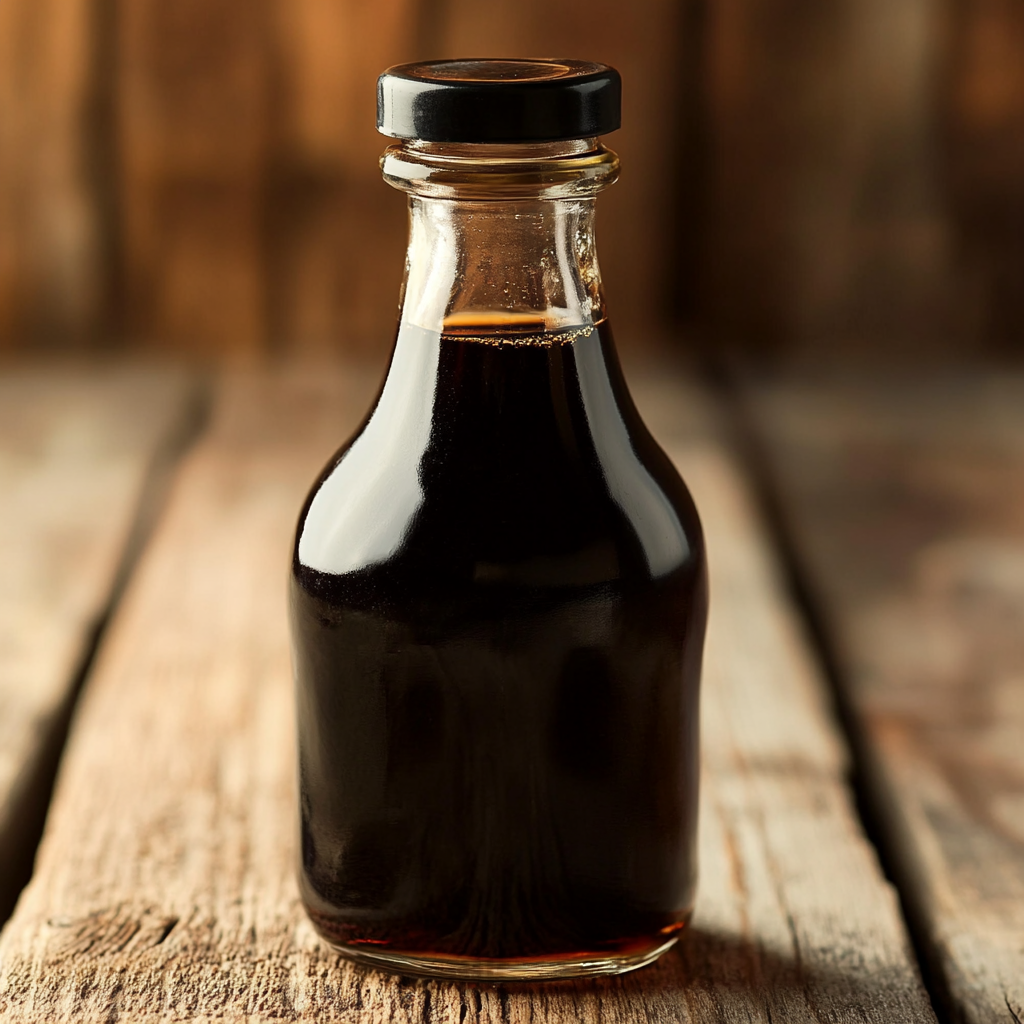
Soy sauce may seem harmless, but its high salt content makes it unsuitable for plastic storage over long periods. Salt can erode certain types of plastic, compromising the bottle’s integrity and potentially altering the sauce.
Additionally, the strong umami flavor of soy sauce can absorb plastic odors, affecting its taste. For best results, store soy sauce in its original glass bottle or transfer it to a clean, airtight glass container. Glass not only maintains the sauce’s bold flavor but also ensures no harmful chemicals seep in.
3. Vinegar-Based Sauces
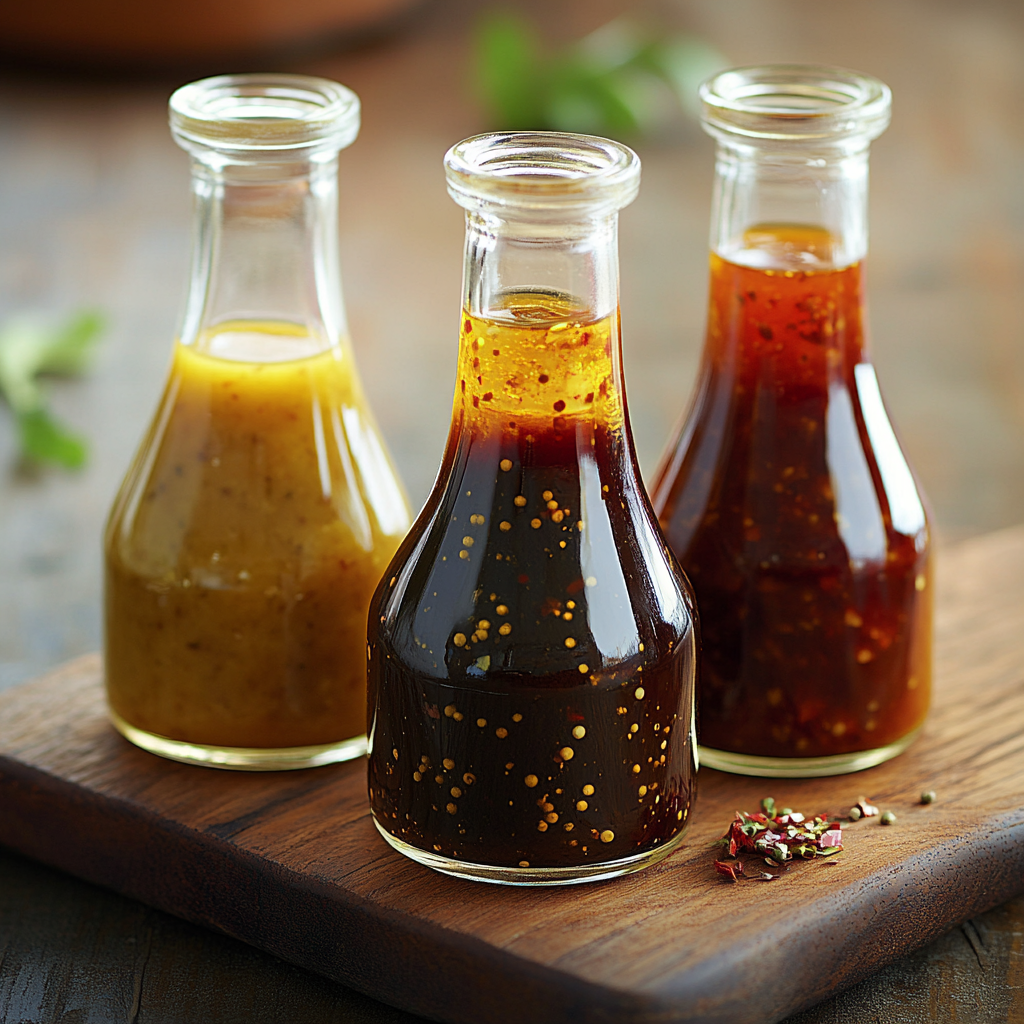
Vinegar’s tangy kick is a must for dressings and marinades, but it’s tough on plastic. Its acidic nature can break down plastic over time, especially in thin or low-quality bottles. As plastic degrades, it may release chemicals that alter the sauce’s taste and safety.
Glass bottles are ideal for preserving vinegar-based sauces, keeping their tangy, crisp flavor intact. If you’ve been storing vinaigrettes or hot sauces in plastic, it’s time to make the switch. Protect your health and the integrity of your sauces with a simple storage upgrade.
4. Hot Sauces
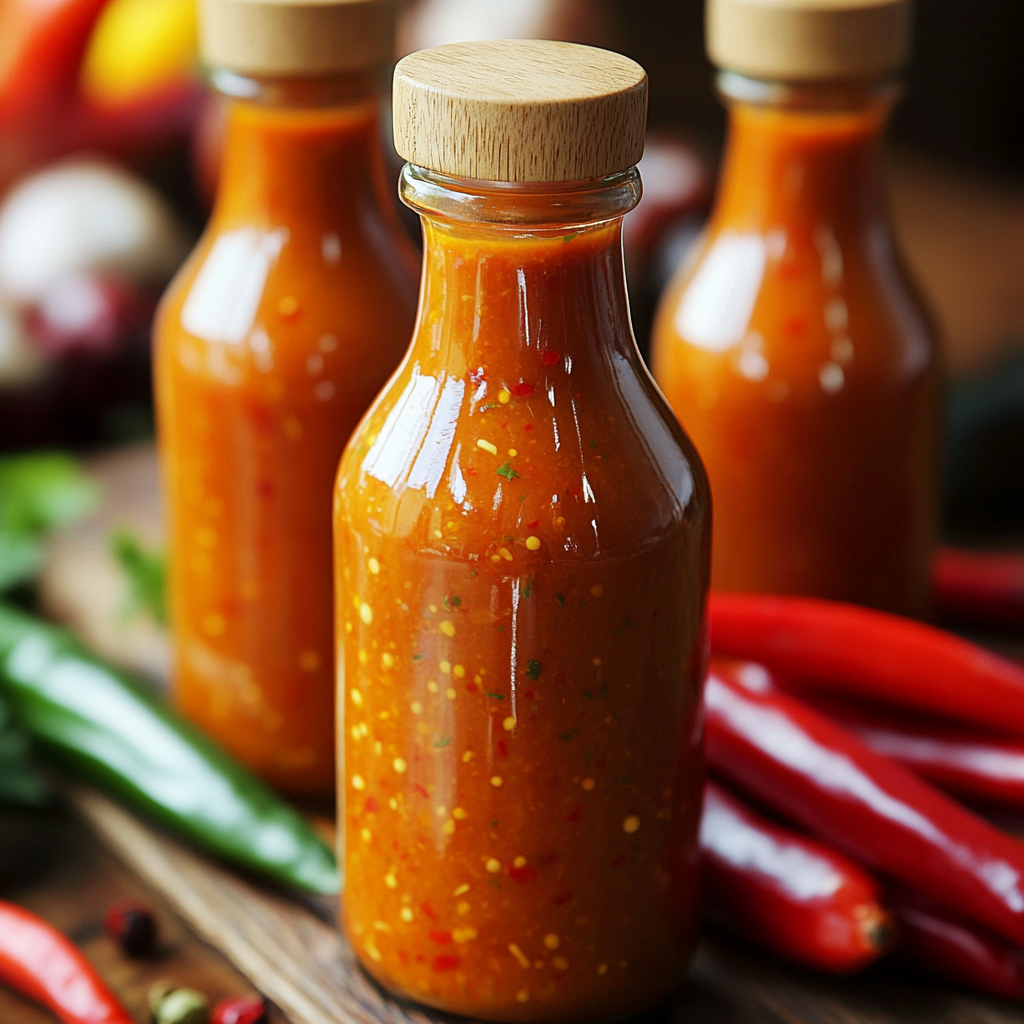
Hot sauces are fiery in flavor and often acidic, making plastic bottles a risky choice. The combination of heat and acidity accelerates the breakdown of plastic, especially with repeated handling. Over time, this can lead to a loss of flavor or unwanted chemical contamination.
Glass bottles, often the default for high-quality hot sauces, are a better option for retaining freshness and safety. Even homemade hot sauces should go straight into glass containers for long-term storage. This ensures your spicy creations stay as bold as intended.
5. Oil-Based Sauces
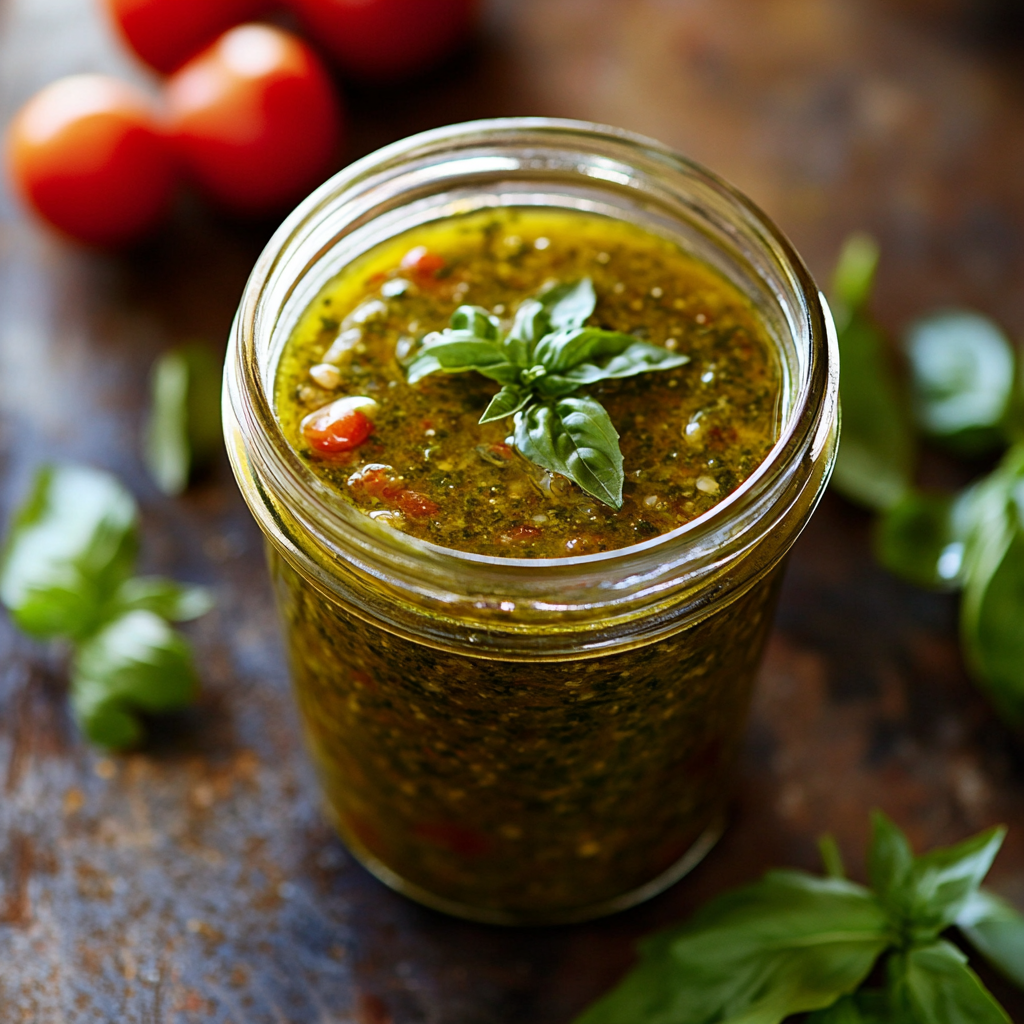
Oil-based sauces, like pesto or certain dressings, can degrade plastic bottles in unexpected ways. The oil seeps into the plastic, absorbing odors and sometimes leaving a sticky residue. Over time, this can affect the quality and flavor of the sauce, turning it rancid faster.
Glass jars or stainless steel containers are a much better choice for oil-based sauces. These materials are non-porous and won’t absorb the oils or their flavors. Keeping oil-based sauces in the right containers makes them last longer and taste better.
6. Dairy-Based Sauces
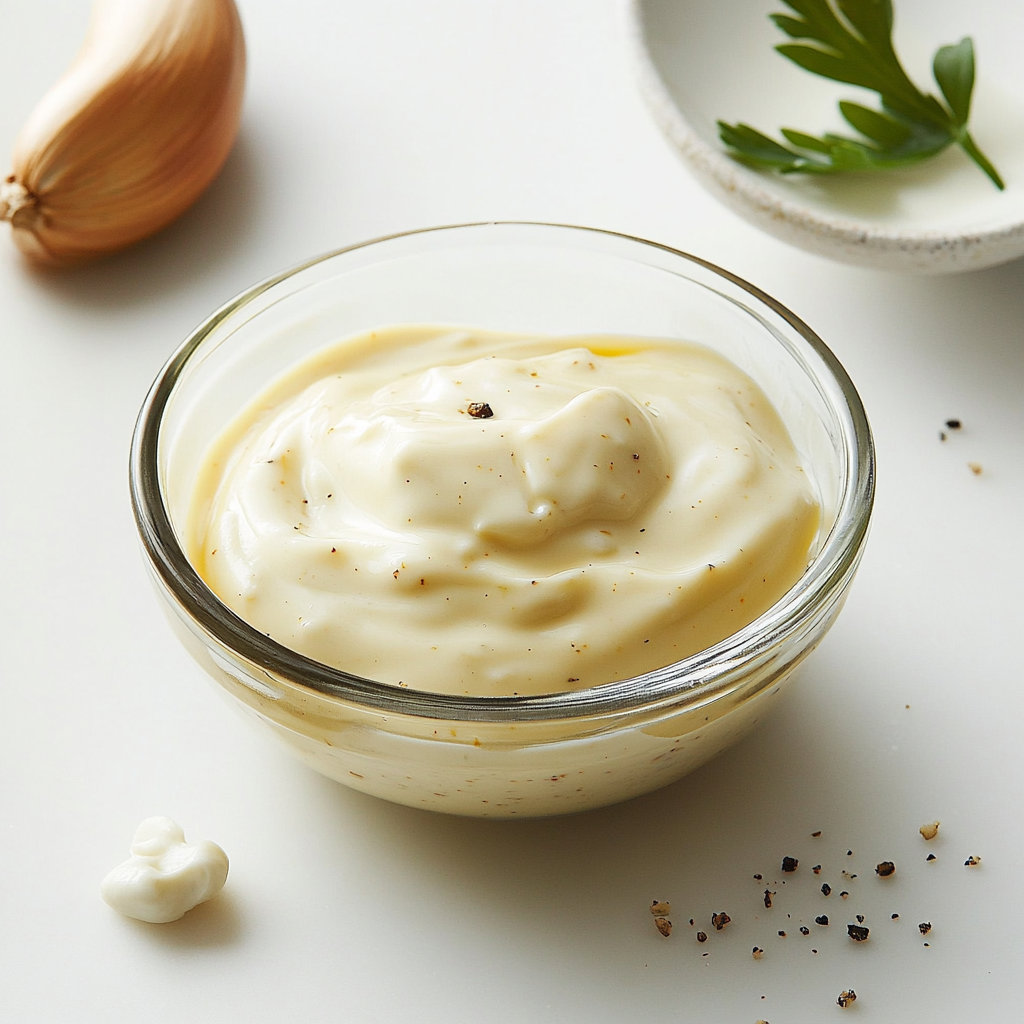
Dairy-based sauces, like Alfredo or ranch dressing, can spell trouble in plastic containers. The proteins and fats in these sauces interact poorly with plastic, sometimes causing discoloration or an off-taste.
Additionally, plastic isn’t ideal for storing anything prone to spoilage, as it doesn’t offer the same airtight seal as glass. To keep your dairy-based sauces fresh, transfer them to a glass jar or ceramic dish. These materials help maintain the sauce’s texture and taste while reducing the risk of contamination.
7. Fermented Sauces
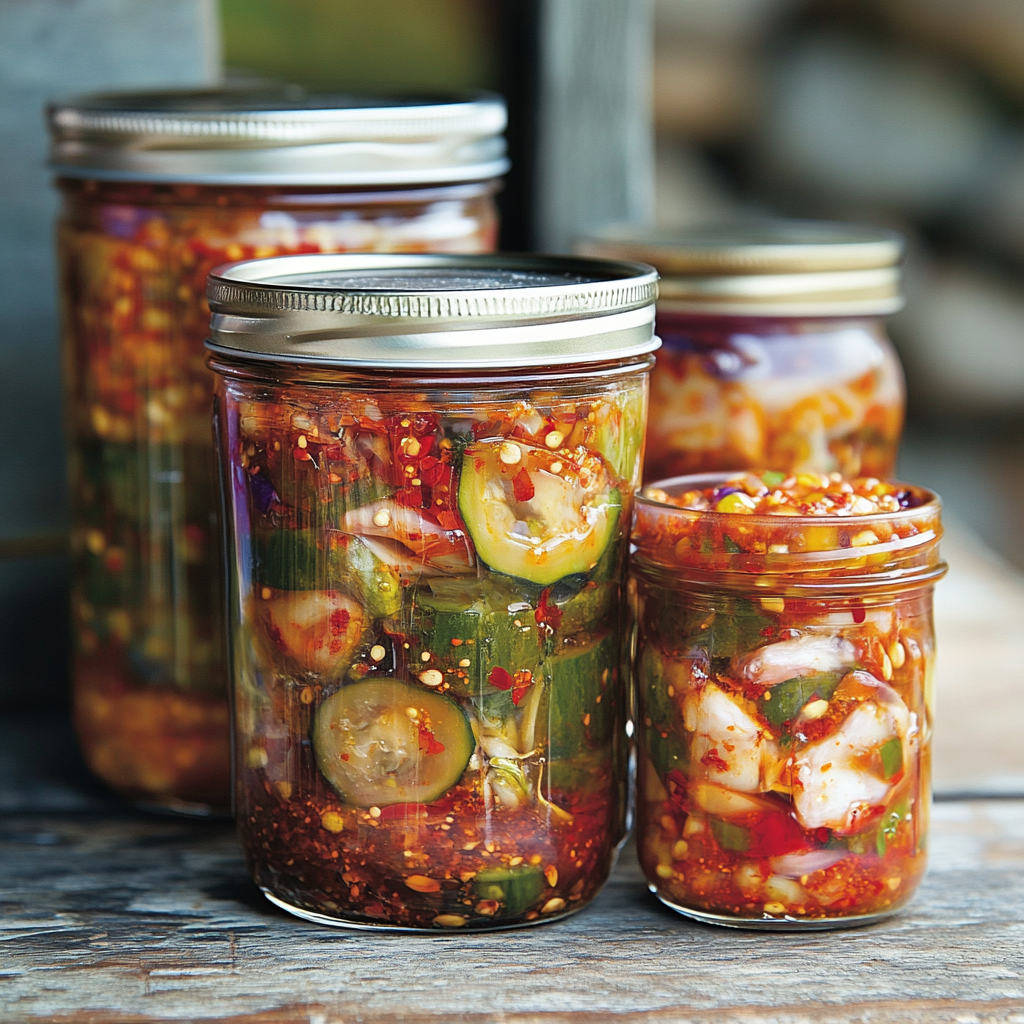
Fermented sauces, such as kimchi-based condiments or miso dressings, often release gases as they age. Plastic bottles don’t handle this well, as the buildup of pressure can cause leaks or even bursts. Fermentation also creates a highly acidic environment that can erode plastic over time.
Opt for glass jars with secure lids that can handle the natural pressure from fermentation. This not only protects the sauce but also keeps your fridge clean and odor-free. Storing fermented sauces properly ensures they stay flavorful and safe to use.
8. Barbecue Sauces
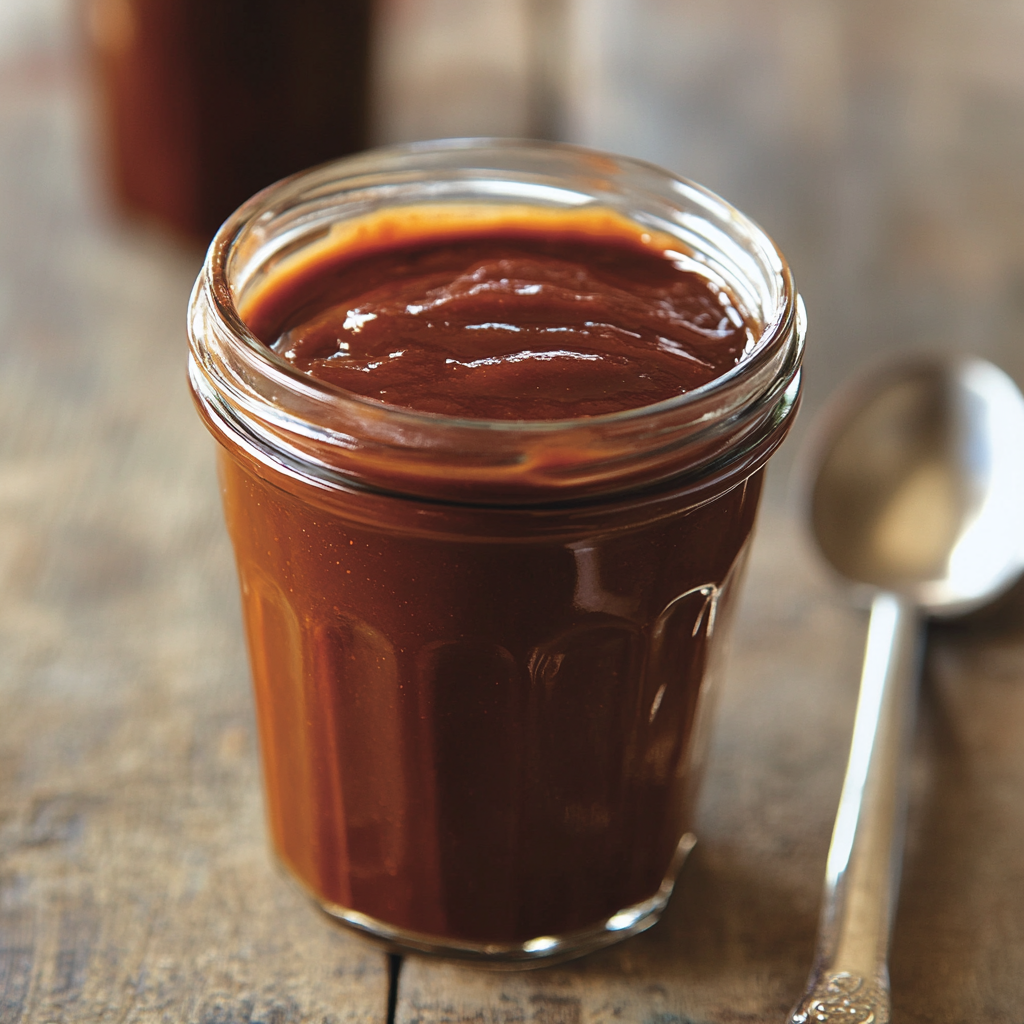
Barbecue sauces are often thick, sticky, and packed with sugar, which isn’t ideal for plastic bottles. The sugar content can interact with plastic over time, causing it to degrade or affect the sauce’s flavor.
Additionally, the strong smoky or tangy flavors in barbecue sauce can absorb plastic odors, altering their taste. Glass bottles or jars provide a better seal and help retain the sauce’s signature flavor. For homemade barbecue sauces, consider canning them in glass jars to extend their shelf life.
9. Citrus-Based Sauces
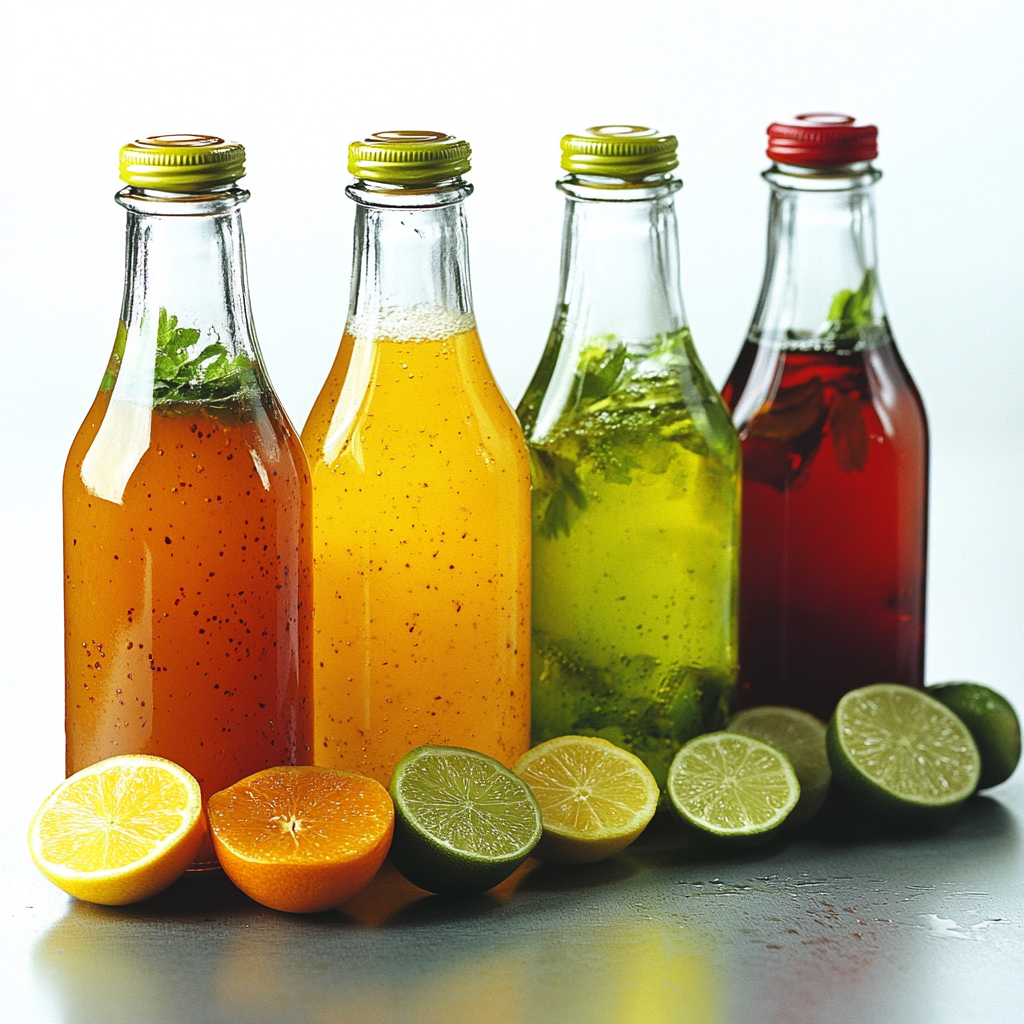
Citrus-based sauces, like lemon or lime marinades, are notoriously hard on plastic bottles. The high acidity can cause the plastic to weaken, leading to chemical leaching over time. This not only changes the flavor but also poses potential health risks.
Glass containers are the best choice for these zesty sauces, as they’re non-reactive and preserve the freshness of citrus. Store citrus-based sauces in a cool, dark place to further maintain their vibrant flavors. A simple switch to glass keeps your dishes tasting their best.
Leave a comment